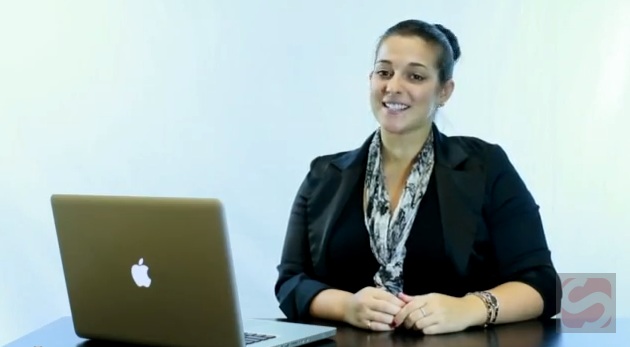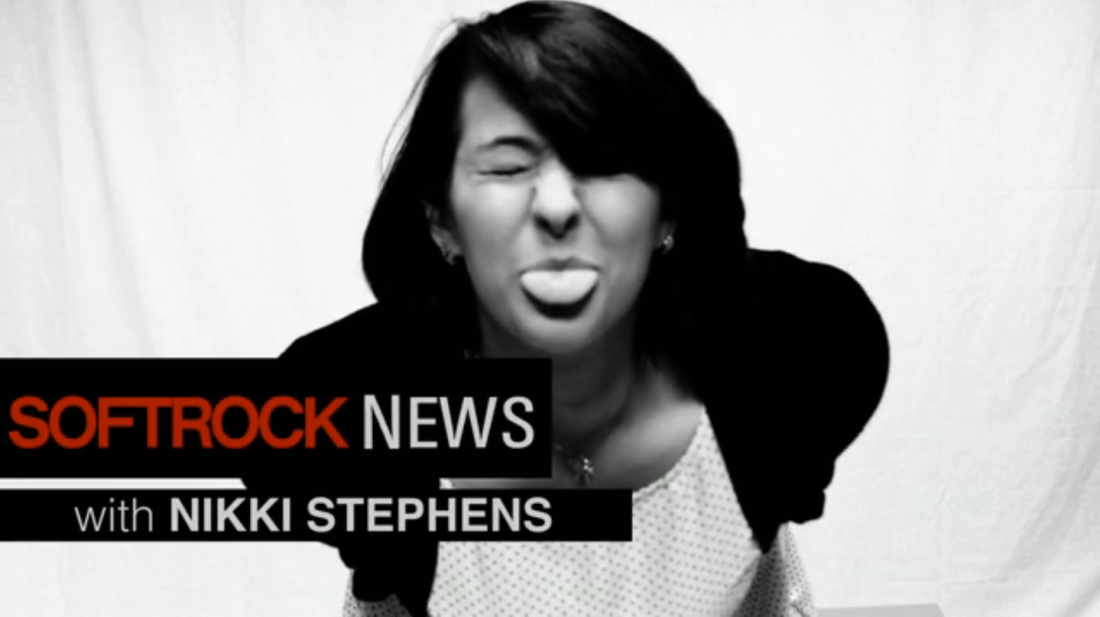Author: ohnikkiitsy0u
SoftRock News 12.7.2012
VideoSoftRock News 12.7.12
VideoSoftRock News 10.26
News, VideoSoftRock News 10.17
News, VideoEdge Magazine Issue 2
Page Design
Articles designed by Nikki Stephens:
Cover
Masthead
LTFE
TOC
Erica Hosseini
Pick the right stick
Warren Smith
Boards
Chick Next Door
Edge Magazine Issue 1
Page DesignClient Spotlight: Grace Lee
InterviewBy Nikki Stephens
Strategy Assistant
Client Spotlight: Grace Lee
Age: 29
Company: Atlanta G Spots
B Culture Media: Where does your love of food stem?
Grace Lee: I’ve always loved food from even a very young age. My mother used to tell me that I would eat everything with so much excitement (and to be honest I still do!). Food has always been celebrated in my family and culture growing up so I always associate it with good times shared with loved ones.
BCM: When and how did you come up with the idea for Atlanta G Spots?
GL: I noticed that most of my money was spent on eating out. All of my friends would ask me where to eat, because they knew I had been almost every where. One night when I couldn’t sleep – in a normal fit of insomnia – I stayed up and made a spread sheet of every place I had eaten in Atlanta. The sun came up and I had more than 500 entries. That is when I started to think of building a site where I could share my recommendations with everyone.
BCM: What services does Atlanta G Spots offer?
GL: Restaurant reviews and recommendations, discounts on meals and Hotspot Happenings. Hotspot Happenings are happy hours where customers can try new food for free and enjoy drink specials while mingling with other young professionals.
BCM: How did you get involved in competitive eating?
GL: I started doing competitive eating when I was getting ready to launch my website AtlantaGSpots.com so I could get buzz and promote Atlanta G Spots. I kept winning competitions and it snowballed into this huge sensation. The Bert show sponsored me to go to New York to compete in Nathan’s Hotdog Contest. It really got a lot of attention and the “weinergate” scandal travelled around the world. Now, I’m mainly doing guest spots and judging food competitions, but not competing in them.
BCM: What are your career goals for the next few years?
GL: I want to have a TV show focused on food, travel and culture. I think there is a lot of interest with the new foodie culture on all the networks: think Food Network, TLC, Bravo. I would also love to become a global ambassador with the sponsors I’m working with. I ultimately want to expand Atlanta G Spots to other cities: Miami, New York, Chicago and more.
BCM: What do you hope B Culture can do for your brand?
GL: I hope B Culture can take us to the next level and reach a bigger audience. I believe branding is very important, especially as I continue to receive more recognition from competitive eating. Social media is critical in the industry I’m in and brand awareness is so important, so I’m hoping the experts at B Culture will maximize our opportunities. I trust that B Culture will manage my brand well and strategize our growth in the right direction.
Super Speed
BlogBy Nikki Stephens
Strategy Assistant
Nivea’s “Re-civilize Yourself” campaign endured a serious backlash from social media users accusing the brand of racism in one of its ads. The ad in question features an African American man tossing out a mask of himself with an afro-style cut and a full beard. The tag line: “Look like you give a damn. Re-civilize yourself.” It was pulled from print almost immediately due to outraged Facebookers, Tweeters and bloggers who blew up their social networks with their disapproval.
This reaction to the ad got me thinking about the speed that the Internet has in controlling marketing moves. Because the company was able to get immediate feedback, it was able to take the necessary actions to rectify the situation. This is the norm in today’s digital world and brands need to realize everything now moves at hyper speed.
In the past, an advertisement would run in print and only those viewers with a ridiculously strong opinion – either positive or negative – would take the time to write a letter to the company via snail mail. Comments on the campaign would trickle in to the company over the course of several days, weeks or even months depending on when a consumer got around to sending it out. Only if enough people voiced their censure, would any real action be taken to remove the offense from future printing.
Fast forward to 2011 where content can be added or removed in a matter of seconds. Companies have the ability to take bigger risks and make a larger splash in today’s world, because if something gives off the wrong vibe, it is easily deletable. The problem or offense can be swiped clean before the full target population ever sees it.
Medical City: Education Sector Update
FeatureBy Nikki Stephens
With the University of Central Florida College of Medicine completing its first year and with plans for a Valencia campus, as well as a UCF new dental school in the planning stages, many of the initial large-scale education components of the Medical City are coming together nicely.
The UCF College of Medicine was established in 2006 by the Florida Board of Governors, the Florida Legislature and the Governor of Florida in order to increase opportunities for medical education in Florida, address the physician shortage and enhance the overall economy. According to the school’s website, www.med.ucf.edu, the College of Medicine is a forward-looking medical school with a culture based on partnership and collaboration and is an integral part of the growing medical city in Lake Nona.
In August 2010, the M.D. program enrolled its second class of 60 students, and for the second year in a row, the college received more applications than any other public medical school in Florida.
The UCF Medical school is also doing its part in building up the economy, even surpassing projected numbers. In 2006, the Milken Institute conducted a study to determine a 10-year economic-activity projection based on the addition of the school. In only two years of running, the school has reached 80 percent of that projection already.
A 2008 economic impact study says that by 2017 up to 30,000 new jobs could be added. UCF is also addressing the physician shortage around the country right now by producing up to 120 medical graduates a year.
Down the road, Valencia College broke ground on the first building of its new Lake Nona Campus on June 22. The Valencia campus will open opportunities for students to study biomedical and life sciences and to earn their associate degrees.
Dr. Mike Bosley, assistant provost at Valencia College Lake Nona, says the three-story, 83,000 square-foot building will open in August 2012. It will have 18 classrooms, six science labs, a library, a bookstore, small café and administrative offices. It cost roughly $21.7 million and is the first of four buildings proposed for the campus. All four buildings will eventually accommodate about 5,000 students and 250,000 square feet.
There is also hope for a UCF dental school in the area. Zenaida Gonzalez Kotala, senior communications coordinator for UCF News & Information, says UCF’s proposed College of Dental Medicine will be an economic driver for Central Florida, will strengthen the UCF Health Sciences Campus at Lake Nona and will bring an increased focus to the emerging medical city.
The idea of a new dental school in the area is undergoing a lot of criticism though, which stems from state reports that say there are plenty of dentists in Florida, just not in the areas with the greatest need.
Kotala says the Florida Board of Governors is currently considering whether it is wise to invest in creating these costly dental schools when the schools won’t necessarily address the big picture problem. UCF responds to this debate by not seeking any state funds for the dental college. “We have a $10 million donation, will secure loans and are creating a funding model that requires no state funds,” she says. “The school will use tuition and fees as well as clinic income to be self-sufficient.”
The College of Dental Medicine is expected to create at least 110 local jobs as well as an initial economic impact of $73 million.
If the Board of Governors approves the building of a dental school, Kotala says the plan is to construct one building next to the UCF College of Medicine and have the school’s first 60 students start classes in 2014.




